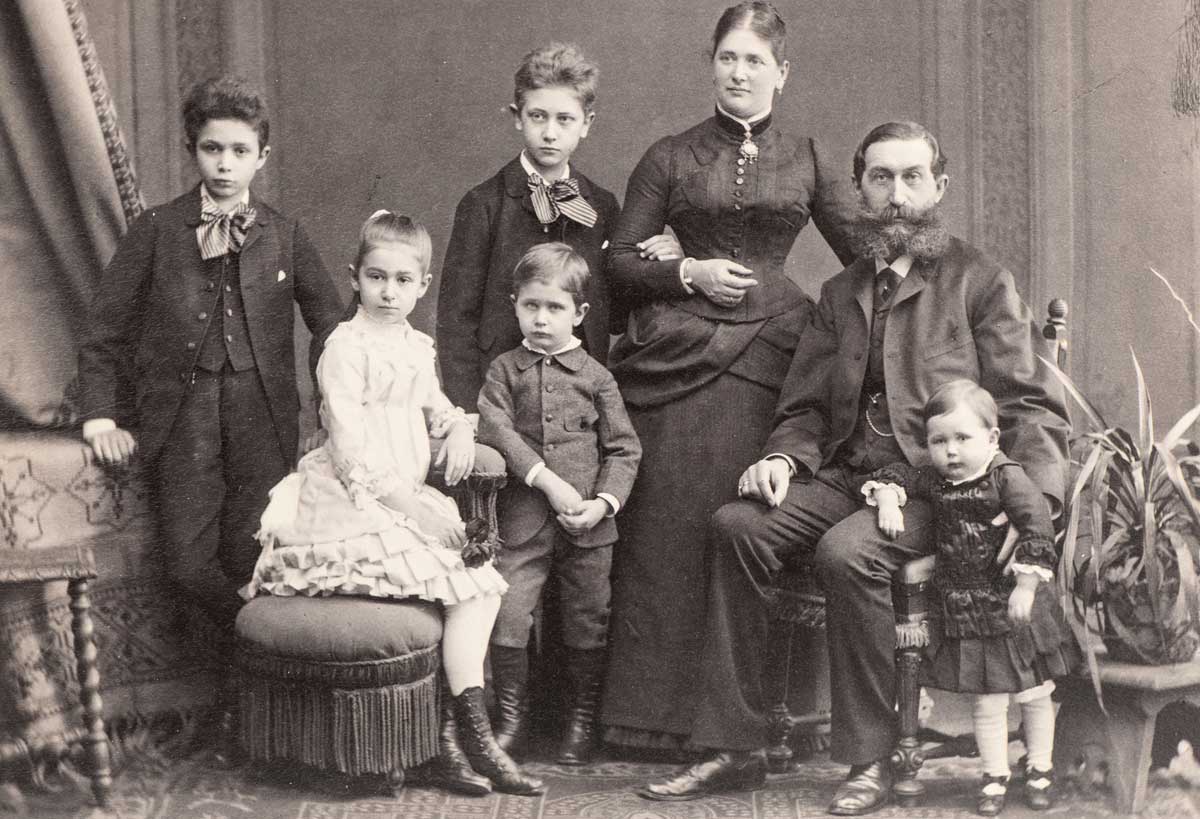Mean Girls
Tripping the Prom Queen: The Truth About Women and Rivalry by Susan Shapiro Barash
St. Martin’s Press, 2006
(288 pages, $22.95, hardcover)
reviewed by S. M. Hutchens
From my perch in a public library I often come across fascinating titles that lead me from my accustomed browsing grounds into what is (to me, anyway) the morbid esoterica of life in the world created by the enlightened modern mind. Susan Shapiro Barash’s Tripping the Prom Queen: The Truth About Women and Rivalry is one.
Barash, a professor of Critical Thinking and Gender Studies at Manhattan Marymount College, speaks of female rivalry as a phenomenon both typical of and peculiar to her sex, contrasting it to male competitiveness in which men seem to enjoy a natural advantage through their ability to limit competition to discrete spheres of activity.
Rivalry practiced by women, she argues, tends to become all-consuming, growing into envy and jealousy that encompasses every area of life, alienating women from each other and dissipating the collective strength they might have had through the female solidarity envisaged by early feminism. Where men seem to be able to compete fiercely in business or on the athletic field, then retire to have a friendly drink together, women, to their immense disadvantage (against men?), once drawn into competition with other women—typically their “friends”—often will not be satisfied until they have destroyed one another.
The Female Superior
Although Barash has come to this as the result of her research, it is something observant people have always known, and one of the reasons women have tended to be relegated to subordinate roles not simply by the will of men, but of women as well.
There are good reasons both women and men tend as a rule to be more frightened and mistrustful of female superiors—the “female superior” being in all likelihood a competitive woman—than they are of males. There is something to the stereotype of the woman who, once threatened or alienated by competition or anything else, is an implacable enemy forever, while the man who, more abstractly goal than person-oriented, is able to leave these things behind, or at least re-order them constructively, and get on with business.
Despite the obvious risks male bosses pose to female employees they find attractive or male subordinates with whom they compete, it is more likely that both men and women will receive satisfactory treatment from the male superior—a commonplace of the workplace with which feminism is decidedly uncomfortable.
Men, in Barash’s study, appear in the eyes of competitive women in the dual role of sex-objects and the guardians of the privileged world to which women aspire, but from which they are occluded by the actions of men and their own lack of solidarity (a term used many times in this book). By “sex-objects” I am not referring to the simple sexual lust of males, but the wider erotic lust of females in which men symbolize not only physical satisfaction, but gain significantly for being rich and handsome, the potential providers of quality children, and perhaps most of all, for the ability to provide a well-appointed stability in the world.
Men, when for modern women, are things that provide them with things. When they are against women, their other natural role, they are a kind of universal, mystical fraternity of exclusionary agents, ever intent on securing their privileged place in the world by keeping women, who constantly threaten them with their brains and talent, in their places.
A Desirable End
Barash notes, however, that competitive women are at least partly to blame for their own difficulties in a world that continues to be unjustly dominated by men, and encourages her readers to a more desirable end in which women begin to cooperate with and mentor each other rather than compete—something that approaches a generous and charitable treatment of each other.
That would be nice, to be sure, but looming above this, in this book, is the ever-present specter of “what women want,” in the way of scarce commodities. If their goal in life is self-fulfillment by way of high-paying, high-status jobs, personal beauty, handsome, successful, and faithful husbands, and children one can boast about among one’s friends, there are not enough of these, Barash notes, to go around.
In several places she insists that something should be done to make scarce things more plentiful—like abundant daycare so that working mothers can be all they can be. (One wonders whether she might expect the government to help provide the rarest of all commodities: the “good man”—the man who will cheerfully help the ambitious woman get everything she wants.)
The problem is that in this modern, feminist scenario, the woman is actualized, her will is satisfied, only in becoming what other men and women are not and cannot be. This can only be done by rising above them, by achieving, in hierarchies and blood-contests to which as egalitarians they profess to be naturally opposed, what others cannot, getting what others cannot—in short, winning a competition that someone else must perforce lose. Else how could these women accomplish what they take to be success?
At the end of this road, solidarity, mentoring, helping others be as much as they can be, is always at the risk of one’s own advantage and must be subordinated to the higher end of self-fulfillment. Barash does not attempt to reconcile these two ways of life; she simply approves them both, ending her book on the charitable note, which makes it sound wiser than it is, and a good deal nicer.
I find in it, however, no reason to be consistently good to everyone, but on the contrary, to be sure that every person who could possibly become a threat to what one regards as success be forcibly and finally put down. If one is to take her place—which is the end and meaning of life—the prom queen must be tripped.
Self-Defeating Evil
The heart of the problem of these women is that they are Godless. Not that some of them may not be adherents of some kind of religion, but that they are Godless, for there is no evidence whatever in Barash’s book of existence among them of the two things that remove believing women, who are wholly absent from this feminist treatise, from their ranks: (1) the fear of a God who will finally punish them for their selfish lives, and (2) hope in a God who wills that they self-actualize not through serving themselves, but others, and promises them an imperishable reward for doing so.
What is to the feminist manifest as a self-defeating evil, belief in the male invention of a male God who rewards women for meekly putting others (like husbands and children) before themselves—condemned before the modern women’s movement by Nietzsche as bad for the race in general—arises unbidden from the pages of this book as the nemesis of the kind of women its author regards as just plain folk. Which I suppose they are, if you live in the environs of hell. •
S. M. Hutchens is a senior editor and longtime writer for Touchstone.
subscription options
Order
Print/Online Subscription

Get six issues (one year) of Touchstone PLUS full online access including pdf downloads for only $39.95. That's only $3.34 per month!
Order
Online Only
Subscription

Get a one-year full-access subscription to the Touchstone online archives for only $19.95. That's only $1.66 per month!
bulk subscriptions
Order Touchstone subscriptions in bulk and save $10 per sub! Each subscription includes 6 issues of Touchstone plus full online access to touchstonemag.com—including archives, videos, and pdf downloads of recent issues for only $29.95 each! Great for churches or study groups.
Transactions will be processed on a secure server.
more from the online archives
calling all readers
Please Donate
"There are magazines worth reading but few worth saving . . . Touchstone is just such a magazine."
—Alice von Hildebrand
"Here we do not concede one square millimeter of territory to falsehood, folly, contemporary sentimentality, or fashion. We speak the truth, and let God be our judge. . . . Touchstone is the one committedly Christian conservative journal."
—Anthony Esolen, Touchstone senior editor









